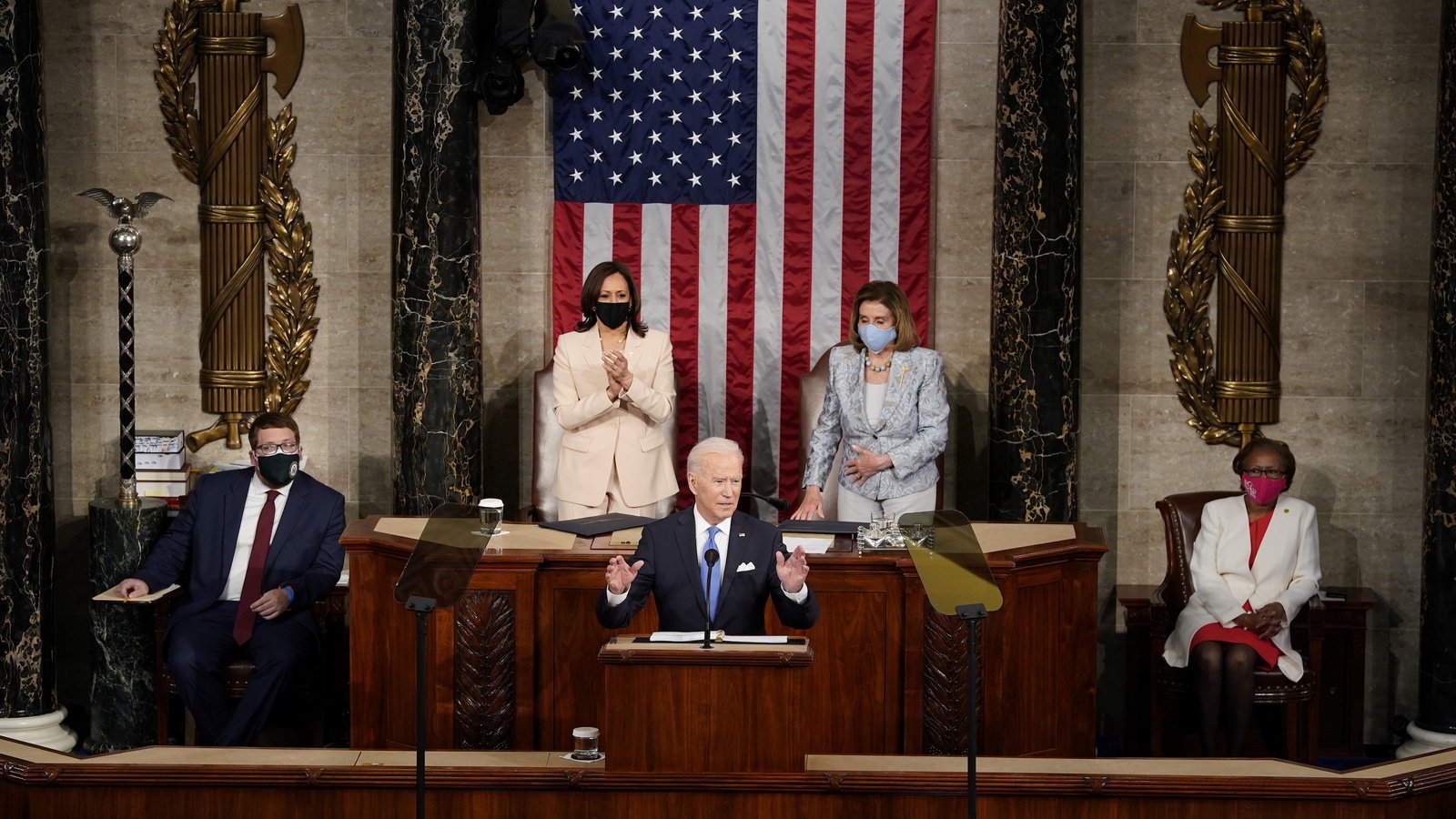
State of the Union Address Focuses on Private Equity’s Impact on Nursing Homes
April 12, 2022
On March 1, 2022, President Joe Biden gave his first State of the Union address. Included in this speech was a long section focused on private equity’s impact on patient care in nursing homes.
“As Wall Street firms take over more nursing homes, the quality in those homes has gone down and costs have gone up. That ends on my watch,” Biden said. “Medicare is going to set higher standards for nursing homes and make sure your loved ones get the care they deserve and that they inspect and will get looked at closely.”
The New York Times pointed out that “The administration is also taking aim at private equity firms in the nursing home business.”
In its accompanying fact sheet The White House noted that:
“Private equity firms have been buying up struggling nursing homes, and research shows that private equity-owned nursing homes tend to have significantly worse outcomes for residents. Private equity firms’ investment in nursing homes has ballooned from $5 billion in 2000 to more than $100 billion in 2018, with about 5% of all nursing homes now owned by private equity firms.
“Too often, the private equity model has put profits before people—a particularly dangerous model when it comes to the health and safety of vulnerable seniors and people with disabilities. Recent research has found that resident outcomes are significantly worse at private equity-owned nursing homes.”
The White House, February 28, 2022:FACT SHEET: Protecting Seniors by Improving Safety and Quality of Care in the Nation’s Nursing Homes
Skilled Nursing News observed that “The White House zeroed in on setting minimum staffing requirements and took aim at private equity ownership of nursing homes.”
Law360.com reported, “Roughly halfway through his hourlong speech, the president briefly addressed the issue of privately owned nursing homes, something that has been on the radar of policymakers and advocacy groups in recent years. At issue is whether nursing homes owned by private equity firms put profit before the people they are supposed to serve — and the number of such homes is only growing.”
The Private Equity Stakeholder Project examined the private equity owners behind many US nursing homes in its report:“Pulling Back the Veil on Today’s Private Equity Ownership of Nursing Homes.”
Despite the hundreds of billions of dollars of government money going into nursing homes, public understanding of nursing home ownership and operations is limited. In “Pulling Back the Veil on Today’s Private Equity Ownership of Nursing Homes,” the current largest private-equity-owned nursing home chains were identified, and the ways that profit-seeking tactics associated with private equity ownership may put patient care at risk were explored through case studies.
The White House fact sheet listed disturbing trends in private equity-owned nursing homes:
● A recent study found that residents in nursing homes acquired by private equity were 11.1% more likely to have a preventable emergency department visit and 8.7% more likely to experience a preventable hospitalization, when compared to residents of for-profit nursing homes not associated with private equity.
● One working paper examining 18,000 nursing home facilities over a seventeen-year period found that private equity ownership increased excess mortality for residents by 10%, increased prescription of antipsychotic drugs for residents by 50%, decreased hours of frontline nursing staffing by 3%, and increased taxpayer spending per resident by 11%. That suggests an additional 20,150 lives lost as a result of private equity ownership.
● Another study found that private equity-backed nursing homes’ COVID-19 infection rate and death rate were 30% and 40% above statewide averages, respectively.
● Research also suggests that, despite depriving residents of quality care, private equity-owned nursing homes actually led to an uptick in Medicare costs, too.
Additionally in its fact sheet, the White House listed steps “to improve the quality and safety of nursing homes, to protect vulnerable residents and the health care heroes who care for them, and to crack down on bad actors.” In an effort “toward fulfilling a broader commitment to ensure taxpayer dollars go toward the safe, adequate, and respectful care seniors and people with disabilities deserve—not to the pockets of predatory owners and operators who seek to maximize their profits at the expense of vulnerable residents’ health and safety,” the White House included a section on private equity in the transparency initiatives:
Examine the Role of Private Equity. As described above, private equity investors are playing a growing role in the nursing home sector, and published research increasingly indicates that facility ownership by investment groups leads to worse outcomes while costing taxpayers more—particularly as these owners have sought to cut expenses at the cost of patient health and safety, including during the COVID-19 pandemic. HHS and other federal agencies will examine the role of private equity, real estate investment trusts (REITs), and other investment ownership in the nursing home sector and inform the public when corporate entities are not serving their residents’ best interests.
